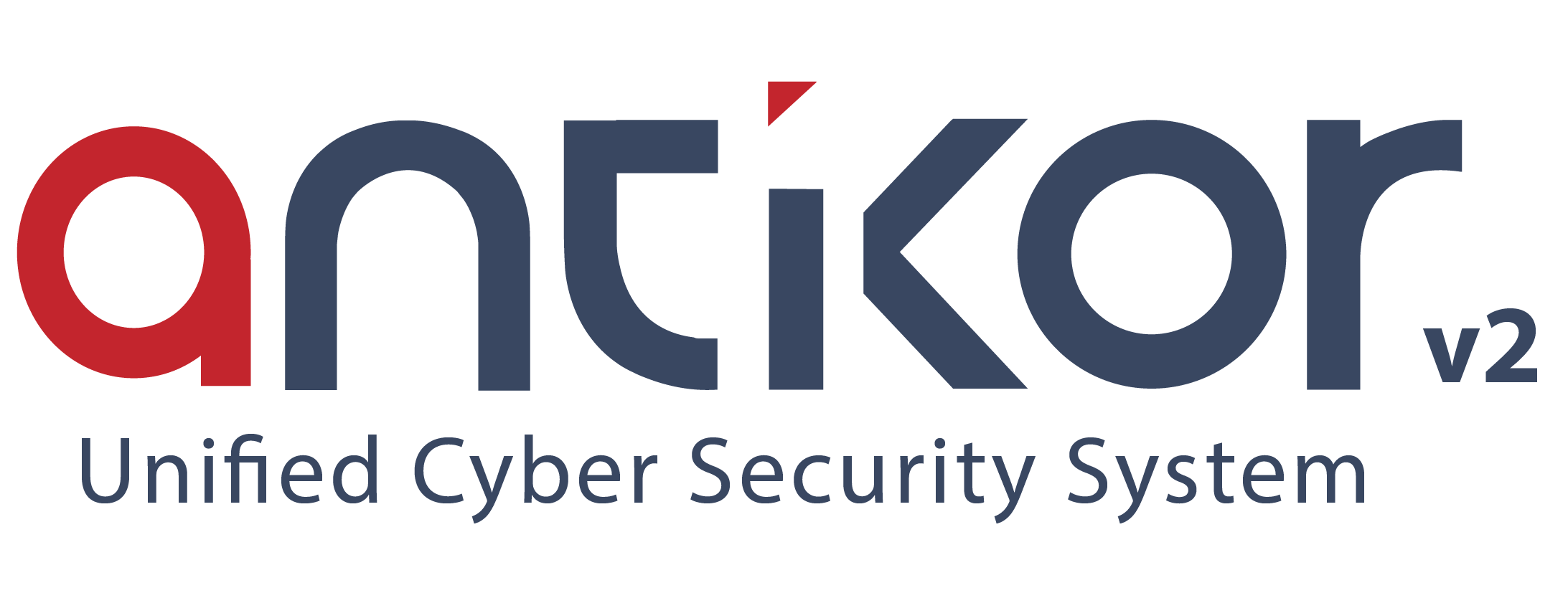IPsec VPN Features
Cryptography: DES, 3DES, AES, BLOWFISH, CAST128, CAMILIA
Cryptography algorithms are used to ensure the security of data in IPsec VPN connections.
DES (Data Encryption Standard): An old encryption algorithm that is generally considered weak today.
3DES (Triple DES): Provides stronger encryption by running the DES algorithm three times.
AES (Advanced Encryption Standard): A widely used encryption algorithm that provides high security.
BLOWFISH: A fast, secure, and efficient encryption algorithm.
CAST128: A mid-level security encryption algorithm that operates faster.
CAMILIA: A next-generation encryption algorithm that offers high security.
Authentication: MD5, SHA1, SHA256, SHA384, SHA512, 3DES, DES
Authentication algorithms are used to verify the security of the VPN connection.
MD5 (Message Digest Algorithm 5): An old algorithm considered weak.
SHA1 (Secure Hash Algorithm 1): Stronger than MD5 but considered weak today.
SHA256, SHA384, SHA512: Different versions of the SHA family with increasing security levels based on bit length.
3DES, DES: Cryptography algorithms that are also used in authentication. 3DES is more secure than DES.
WildCard ID Support
Allows the use of wildcard characters to define clients during authentication in IPsec tunnels, instead of specifying each client individually. This allows multiple clients to match a single definition, simplifying configuration.
NAT Traversal Support / NAT-T Port Customization
Allows devices behind NAT to establish IPsec tunnels. NAT-T (NAT Traversal) overcomes NAT devices by carrying IPsec traffic over UDP. The UDP port used can be customized by the user.
Different IPsec Profiles with Encryption Support for Each Layer2 Tunnel
Allows defining separate IPsec encryption profiles for each Layer2 tunnel. This enables different security levels or algorithms to be used for each tunnel, providing a more flexible and customizable structure.
ePati Cyber Security Co.

Mersin Üniversitesi Çiftlikköy Kampüsü
Teknopark İdari Binası Kat:4 No: 411
Posta Kodu: 33343
Yenişehir / Mersin / TURKEY
Web: www.epati.com.tr
e-Mail: info@epati.com.tr
Tel: +90 324 361 02 33
Fax: +90 324 361 02 39

